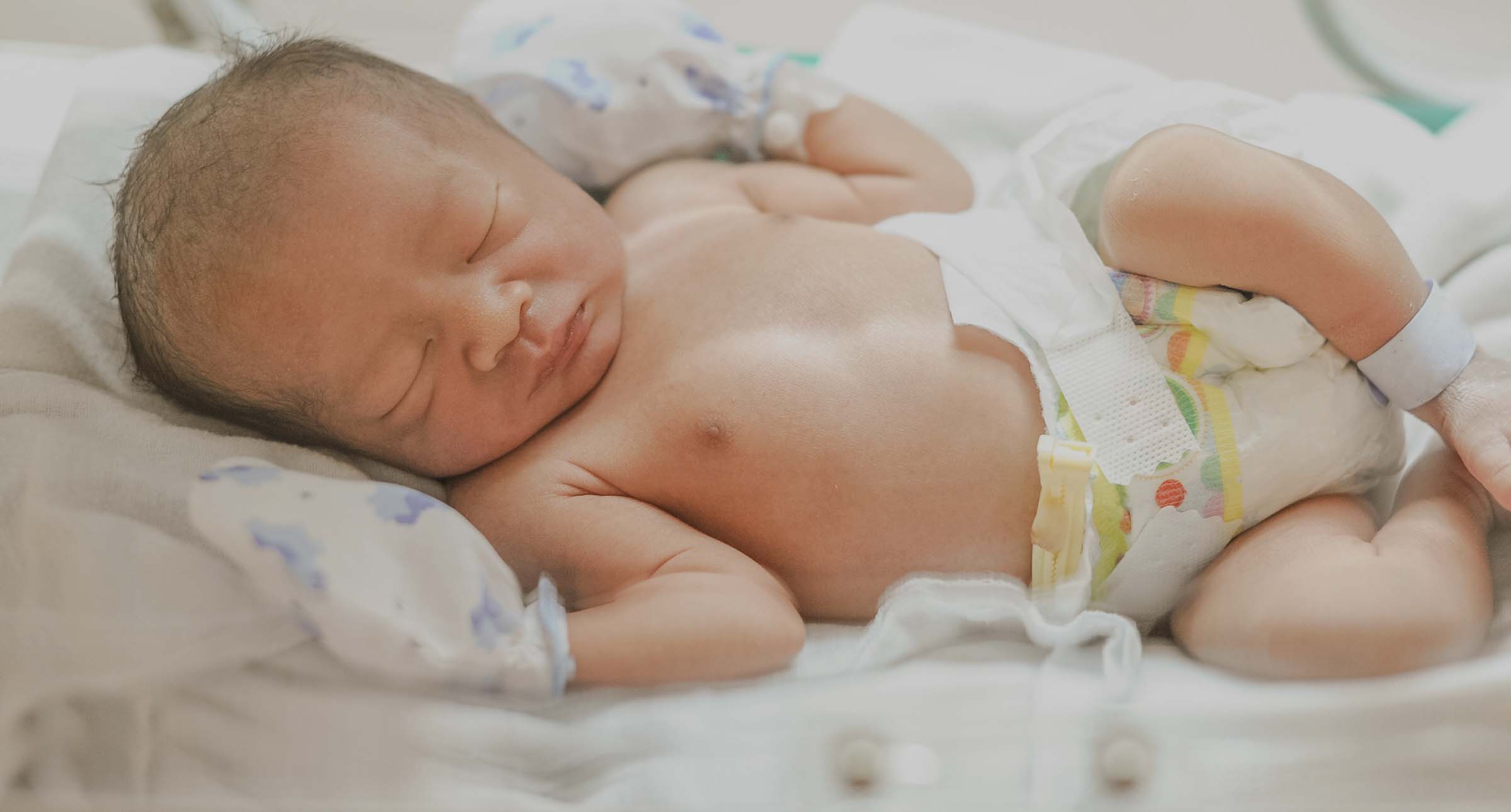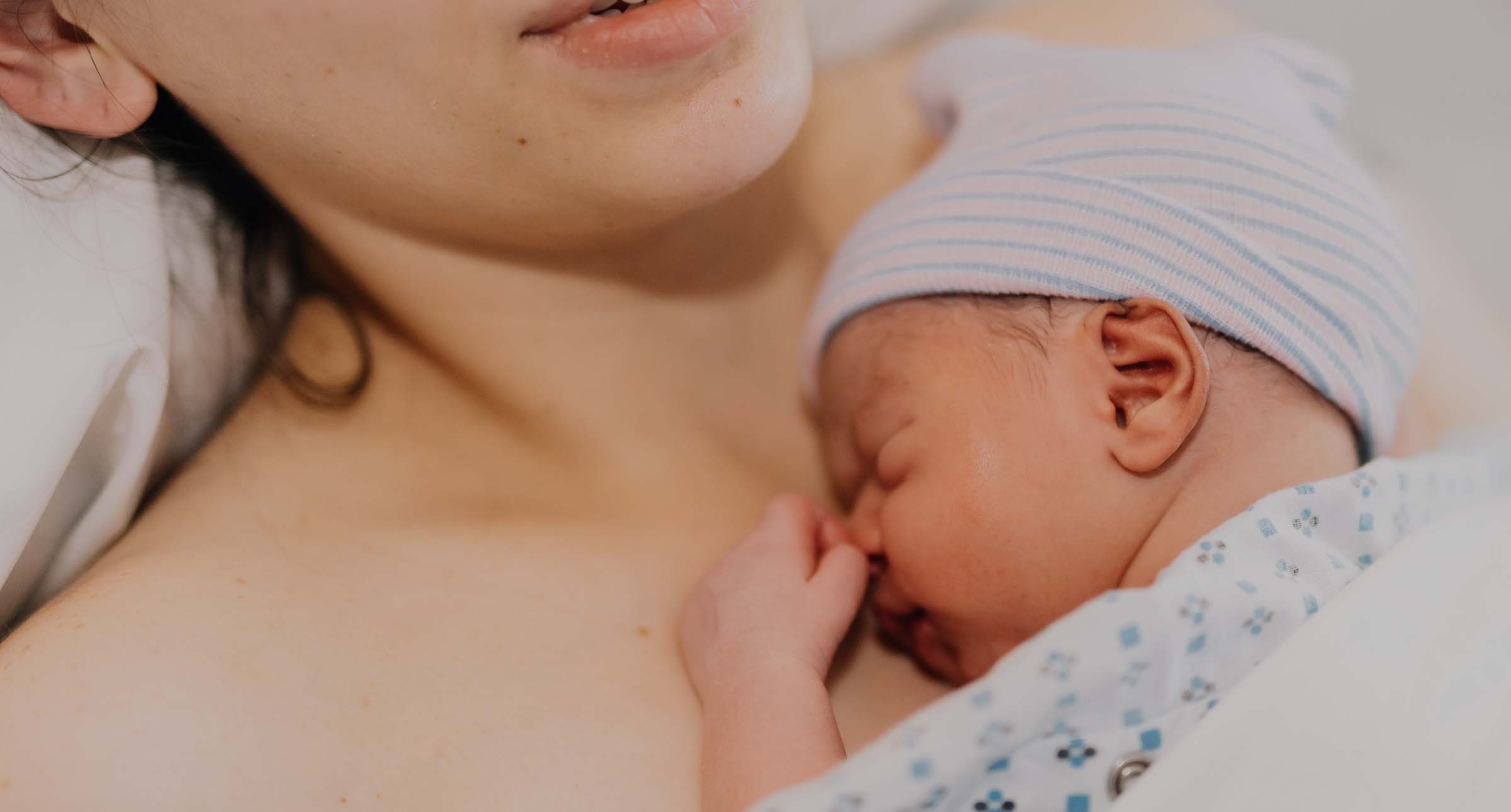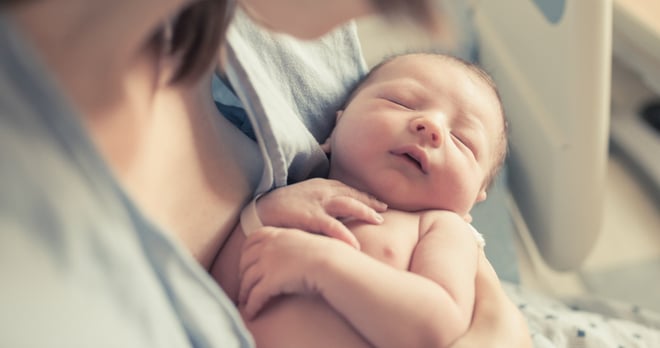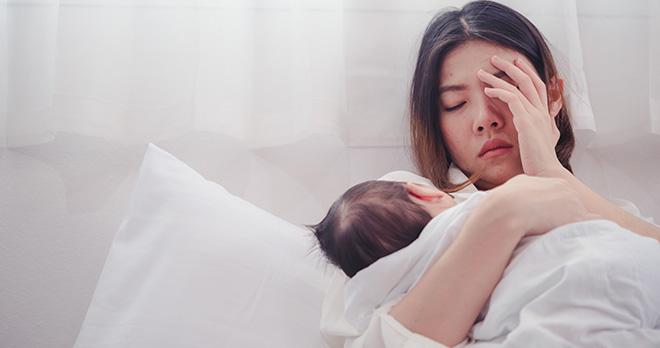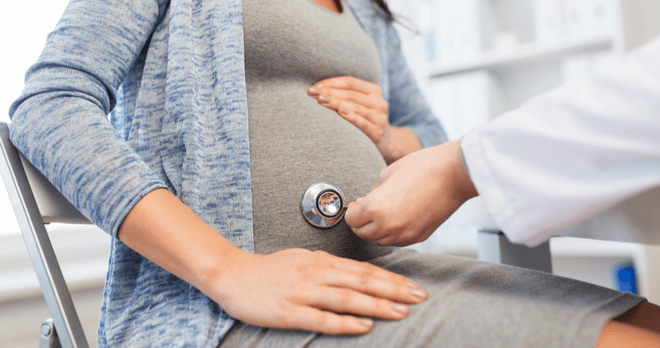Maternal Group B Strep vaccine – the real solution
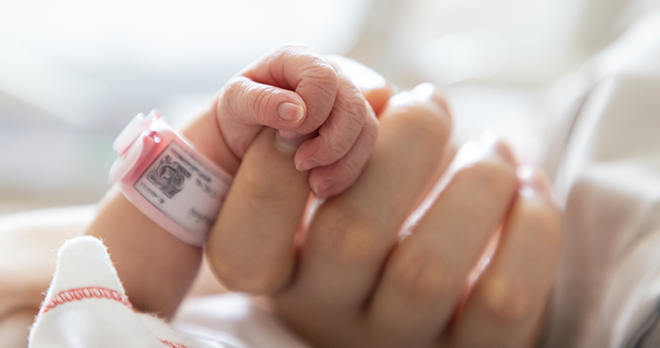
There has been much invested into the development of a maternal vaccine relating to GBS (Group B Strep). Group B Strep is a common type of bacteria, in most cases is harmless, however in rare cases it can cause infection in newborns with serious consequences.
The purpose of the vaccine would be to develop protective antibodies in the fetus, so that even if the baby was exposed to GBS bacteria around delivery or in the first months of life, they would not be at risk of becoming seriously ill. This would significantly reduce the risk of early and late-onset GBS infection and the associated risks and also reduce the usage of prophylactic anti-biotics in neonates.
UK health safety support the introduction of a vaccine
The Vaccine Development and Evaluation Centre (VDEC) has published their support of a new GBS vaccine to prevent newborn deaths and reduce the incidence of anti-biotic use for both mothers and babies.
In the UK we still do not have an established screening programme for GBS in pregnancy, albeit there is currently a large scale trial taking place, which should publish its results in Summer 2025. However any mothers who test positive for GBS (usually diagnosed from testing for a general urinary tract infection or vaginal infection, or through private testing) should be offered intravenous antibiotics in labour. if this hasn’t take place at all or for long enough to protect the neonate, then the baby should be closely monitored for the first 12 hours of life and antibiotics are given if there are signs of infection.
It is hoped that a vaccine would protect infants from both early and late onset disease (for which antibiotics given during labour would have no effect in preventing late-onset GBS infection) and have a real impact on reducing infant mortality and morbidity. It would also reduce stillbirths and maternal infections caused by GBS, and minimise the need for prophylactic antibiotics for mothers and newborns, reducing the effects of antibiotics and reducing resistance rates to the drugs.
Would women take up the offer of a vaccine?
Research has shown that most women would take up the offer of a vaccine if offered, this is reflected in the vaccine programme relating to HPV infection, which is the primary cause of cervical cancer in women.
Since September 2008, in the UK, the HPV vaccine was offered to all girls in Year 8. At the ten year review point, 80% of women aged 15-24 had received the vaccine. The incidence of HPV types 16/18 had reduced by 86% in England, this is expected to have a huge impact on cervical cancer rates, as 80% of cervical cancers are caused by these strains. By mid-2020, HPV vaccination had prevented an estimated 697 cervical cancers and 23,192 cases of CIN grade 3.
Group B Strep Support Charity
The charity fully supports the trials undertaken on improving prevention including on maternal vaccines.
Any preventative treatment must surely be adopted and offered in the UK to minimise what can be the devastating effects of GBS infection in neonates.
The charity provides in depth information on group B Strep and the privately funded home-testing options available for mothers in the latter stages of their pregnancy, full details can be found here.
It is hoped that a national NHS screening programme for GBS carriage in pregnancy that is simple and cost effective to implement will be supported by the GBS3 trial and the UK National Screening Committee, and that before long a vaccine will also be an available option.
If you are concerned that your child has been injured as a result of missed GBS infection, contact our enquiries team to find out if we can help you claim compensation.
Call now
Our legal services for families affected by GBS
More insights from our birth injury experts
View more articles related to Birth Injury, Cerebral palsy and Group B Strep
